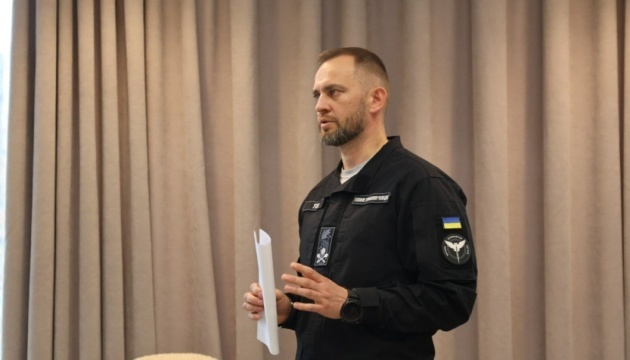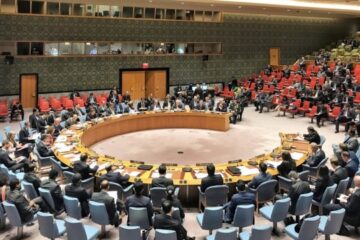
The list of Ukrainian prisoners of war whom Ukraine allegedly does not agree to take back, published by Russian Ombudsman Tatyana Moskalkova, includes seven Ukrainians who have already returned home.
This is stated in the commentary of the Secretary of the Coordination Headquarters, Brigadier General Dmytro Usov, Ukrinform reports.
“There are loud statements from the Russian side about the number of prisoners they can allegedly exchange, and even lists appear. Of course, we have not received any real offers through official channels. This game of the Russians is only for the public, and it is particularly cynical. They manipulate people’s fates and the vulnerable situation of their relatives. We have carefully analyzed the lists that have been circulated. What do we see? Seven prisoners have already been exchanged, there are many mistakes in surnames and dates of birth, and 14 civilians are among the names. That is, Russian propagandists are offering to exchange our ordinary citizens for their military, which is a violation of international humanitarian law,” Usov noted.
According to him, the statement of Russian Ombudsman Moskalkova is intended to stir up the situation and is an attempt to discredit Ukrainian state bodies.
Usov said that the Ukrainian side receives real proposals from the Russian side only regarding the exchange of prisoners captured in the Kursk sector. The Russian so-called authorities are not interested in prisoners from other regions.
“Hundreds of Russian prisoners, including those who are seriously wounded, have been languishing in Ukrainian camps for more than a year or two. There are those whose fate the aggressor country has not been interested in since the beginning of the invasion,” he added.
As reported, the media reported that Russian Ombudsman Tatyana Moskalkova published a list of prisoners whom Ukraine allegedly “does not want” to take back. The list published by Moskalkova includes 630 people.
On November 28, Ukrainian Parliamentary Commissioner for Human Rights Dmytro Lubinets suggested that the Russian statement about preparations for a possible exchange of 630 prisoners of war could be part of an information and psychological operation.



